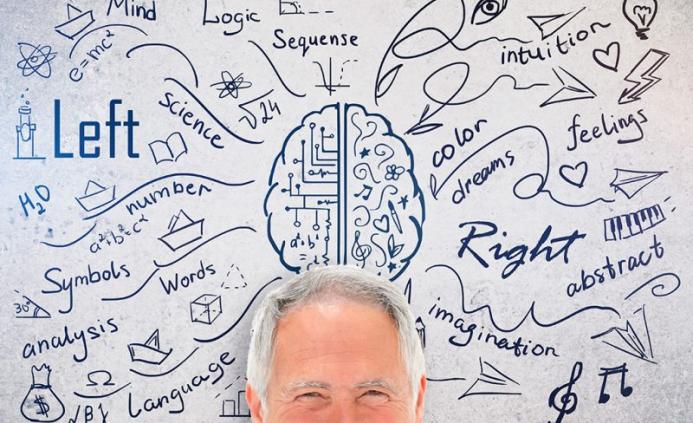The area of the brain responsible for the creation of new memories and the exploration of new environments is continually enriched with new cells, and not only in developmental age but throughout life and even in old age, well beyond the seventh decade of life. To demonstrate a recent scientific study carried out the post-mortem on the brain, published on Cell Stem Cell (https://www.cell.com/cell-stem-cell/fulltext/S1934-5909(18)30121-8). The new brain cells are able to support human abilities and are important for emotional responses.
This is a very interesting discovery, which, for example, can open new scenarios with the aim of keeping the mind healthy despite the passing of the years. It has been shown that neurogenesis, that is the birth and development of nerve cells, continues up to 80 years in the human hippocampus. This is an area of the brain that plays an important role in the formation of memories and the transformation of short-term memory into long-term ones.
It is known that in this anatomical part neurogenesis in the adults of primates and rodents stops with aging. On the contrary, it has been observed that humans, even in old age, continue to show neurogenesis, albeit decreasing, and angiogenesis induced by exercise, with a consequent reduction in volume in the neurogenic region of the hippocampal dental district (DG). The aforementioned study wanted to investigate precisely this characteristic.
The study
The study was based on the analysis of hippocampal autopsies from healthy human individuals who died between the ages of 14 and 79. A similar number of intermediate neuronal progenitors and thousands of immature neurons in the DG were found, to support what was hypothesized.
Nevertheless, it was found that older individuals have less angiogenesis and neuroplasticity and a lower reserve of quiescent progenitor cells. All this demonstrates that neurogenesis is preserved in healthy older people without cognitive impairment, neuropsychiatric disease or exposure to treatments. It is possible that the continuous neurogenesis of the hippocampus supports the specific human cognitive function for life and that the decline can be linked to the impairment of cognitive-emotional resilience, which is the ability of an individual to face and overcome a traumatic event or a period of difficulty.
More help from lifestyle and supplements
This study confirms, like others, the importance of keeping the mind active, doing exercises, practicing physical activity, cultivating hobbies and keeping social relations alive. The brain must be continuously trained and stressed. Proper nutrition is also essential. In addition to all this, additional support for cognitive functions, both young and old, can be provided by supplementation with substances such as L-Acetylcarnitine and Gingko Biloba.

